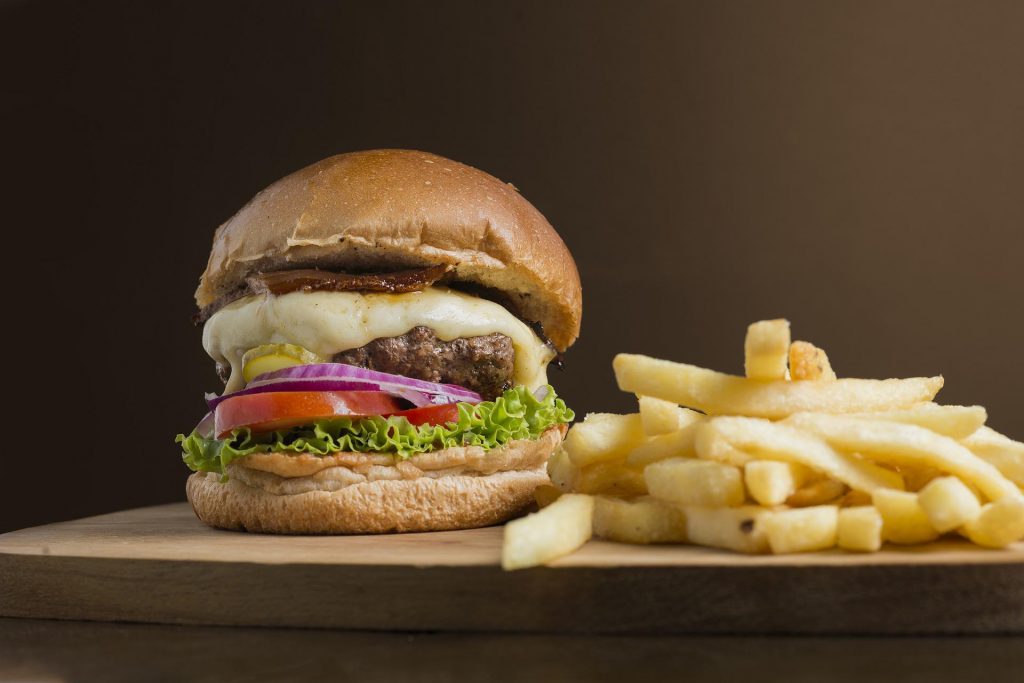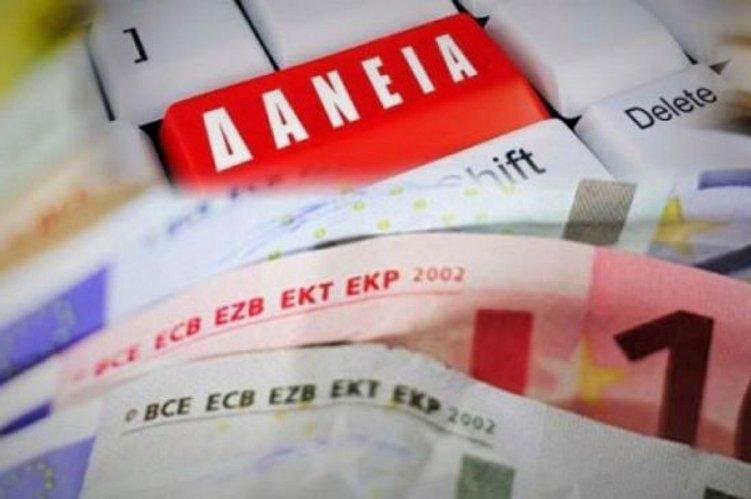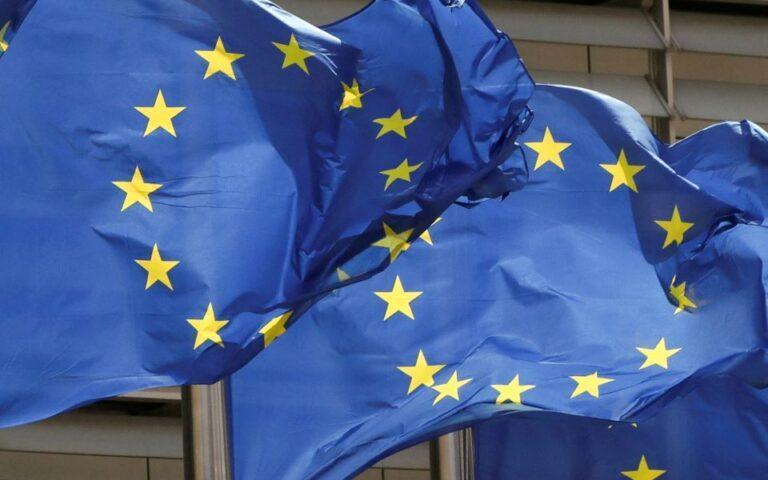The quick service restaurant chain industry has shown great growth in recent decades in Greece. The sector is divided into the following basic categories of stores: burger, pizza, snack-sandwich. There are also chains that offer a variety of meals or a specific product category (gyros/souvlaki, pies, donuts, crepes, bagels, etc.).
These businesses operate a significant number of stores (corporate or franchise) and have a wide geographical coverage. The ICAP CRIF study examined companies – chains each of which operates at least four stores.
As mentioned in the study, an important factor in the development of the sector was also the adoption of the franchise institution, which enabled companies to expand their networks and transform from small “neighborhood” units into organized, recognizable chain , with a single brand and extensive geographical presence.
Today’s requirements
Today, businesses in the sector have to face the demands of a highly competitive environment, constantly aiming to improve and upgrade the products and services offered. The expansion of menu variety, speed of service, digital transformation combined with the technological evolution of services as well as pricing policy, are fields of competition between businesses.
Also, an important factor for the success of a fast-food chain is proximity to the customer, as easy and quick access to stores is often a selection criterion. For this reason, mainly the large companies in the sector are investing in expanding their network of stores, with the aim of reaching more consumers.
Upward trend in 2016-2019
Stamatina Panteleou, Director of Economic & Sector Studies of ICAP CRIF points out that the domestic catering market through the organized chains of quick service stores (total sales thereof) showed an upward trend in the period 2016-2019 with an average annual rate of 5.2%. This change was the result of increased demand, the expansion of the store network of certain chains and the entry of new chains into the sector.
However, the global health crisis that also affected Greece from mid-March 2020 reversed the positive course of the previous years. The measures taken by the State (lockdowns, movement restrictions, etc.) in order to limit the spread of the disease had a direct impact on the operation of quick service restaurants, which remained closed for a long time. Therefore, the total value of the market recorded a significant decrease, at a rate of 18%. Certainly, the offer of delivery services (home distribution) mitigated, to a certain extent, the overall losses of some chains in the sector.
Reclaiming lost ground
As Ms. Panteleou pointed out, with the lifting of the restrictive measures and the gradual normalization of the market almost from the middle of 2021 and alongside the significant increase in tourist arrivals, the sector began to recover lost ground. The chains’ total sales are estimated to have increased by 8.5% in 2021 compared to 2020, but without reaching “pre-pandemic” levels.
Regarding the current year (2022) further market growth is predicted at a rate of 6%.
However, each category of stores (Burger, Snack, etc.) recorded a different rate of change.
In particular, the category of snack-sandwich stores is estimated to have recorded a sales increase of approximately 13.5% in 2021/2020, burger chains strengthened by 6%, while an increase of approximately 5% is estimated to have been presented by pizza chains. The change in sales was also positive in the other categories of stores (souvlaki, etc.).
Market breakdown by category
With reference to the percentage distribution of the market by store category, it is noted that the largest percentage in the total sales of the sector is occupied, over time, by the snack-sandwich category, whose percentage is estimated at 37.6% in 2021. Next is the category of burger stores with a share 27.4% and followed by the pizza category with a corresponding percentage of 22.1% in the same year. The other chains (stores that offer items based on chicken, crepes, donuts, etc.) took about 10% of the market.
According to Eleni Demertzi, Senior Manager of ICAP CRIF’s Economic & Sectoral Studies Department, from the primary research on fast-food chain operating companies, it emerged that the total number of stores of 29 chains amounts to 1,231 (January 2022). The chains of the snack-sandwich category had the most shops (500), the burger chains number 171 and the pizza chains follow with 208. The rest is covered by other shop chains (they offer products based on chicken, souvlaki, crepes, etc.). Also, 68.1% of all the stores of the specific chains are concentrated in Attica.
The energy crisis
As Ms. Demertzi points out, an important problem for the sector under consideration in the current period is the energy crisis, which has brought about an increase in the operating costs of businesses, as well as the intense inflationary pressures exerted on the market, with the result that disposable income is shrinking of households and to limit consumer spending.
However, the recognition of the “name” brands of the industry chains and the ability to provide a variety of products at economical prices are strong points for the industry, while the significant recovery of tourism, the further expansion of the network can be seen as opportunities stores in new geographical areas or closed markets, but also the cooperation with websites – food ordering service providers that have dynamically entered the food service sector.
Neighborhood shops
On the other hand, the number of individual stores, mainly neighborhood ones, that do not belong to organized chains, as well as the high costs of advertising and promotion are considered as weak points for the sector. Finally, the increase in the cost of running the stores, the rise in inflation, the price hikes of many products as well as the shrinking purchasing power of consumers pose threats to the market under consideration.
Competition between chain stores is fierce, especially in recent years. As part of their development strategy, the companies in the sector are constantly investing in promotion and promotion of their corporate identity, through multiple communication channels, in the modernization of “physical” sales outlets as well as in the enrichment of the variety of their products with new flavors. In addition, major chains are investing in digital transformation with online ordering support infrastructures and development of new tools to meet modern consumer needs.
Financial analysis of businesses
As part of the study, a financial analysis of the sector’s businesses was carried out based on selected indicators. A consolidated balance sheet was also drawn up, based on a representative sample of 15 companies in the sector, for the 5-year period 2016-2020.
From the analysis of the balance sheet, the following emerges: Total assets showed a cumulative increase of approximately 13% during the specific period. Equity recorded a decrease of 12.4% in 2020/2019, after the steady increase in previous years. The rise of medium-term liabilities and provisions was particularly significant, while short-term liabilities in the same period show an opposite picture, which shrank by approximately 70% in 2020 compared to 2016.
The total sales of the companies in the sample showed a continuous increase in the period 2016-2019, while in the following year 2020 they recorded a drop of approximately 13%. The course of gross profits was similar. The final net result of the companies was loss-making in 2020, while the previous two years were profitable.









































